Decree 100/2019/ND-CP has added provisions that cyclists, moped riders, and electric bicycle riders will also be subject to breathalyzer tests same as motorbike and car drivers. What are the fines imposed on cyclists if they violate regulations on alcohol concentration in Vietnam?
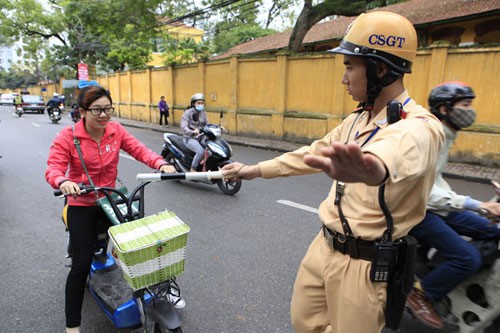
Decree 100/2019/ND-CP: Cyclists in Vietnam are subject to breathalyzer tests (Illustrative photo)
It is expected when motorcycles, cars, and similar vehicles are checked for alcohol concentration. However, the penalization of cyclists (including motorbikes, electric bicycles) and other rudimentary vehicles when their alcohol concentration exceeds the permissible level is a new regulation recorded in Article 8 of Decree 100/2019/ND-CP dated December 30, 2019. The alcohol concentration and the corresponding penalties are listed in the table below:
| Alcohol concentration | Penalty amount (VND) |
| Not exceeding 50 milligrams/100 milliliters of blood or not exceeding 0.25 milligrams/1 liter of breath | 80,000 – 100,000 |
| Exceeding 50 milligrams to 80 milligrams/100 milliliters of blood or exceeding 0.25 milligrams to 0.4 milligrams/1 liter of breath | 200,000 – 300,000 |
| Exceeding 80 milligrams/100 milliliters of blood or exceeding 0.4 milligrams/1 liter of breath | 400,000 – 600,000 |
These are only administrative penalties. Additionally, if the violation causes consequences leading to death, causes health damage to others with a body injury rate of 61% or more, or causes property damage of 100,000,000 VND or more, the violator will face criminal liability with fines up to 100,000,000 VND, non-custodial reform up to 3 years, or imprisonment up to 10 years according to Article 260 of the Penal Code 2015 (amended and supplemented in 2017).
Compared to the previous Decree 46/2016/ND-CP, which had no such regulation, this is a new addition in Decree 100/2019/ND-CP. After its promulgation, various opposing opinions have emerged.
Proponents of this issue argue: This is a progressive measure in road traffic law, as it standardizes violations for all types of vehicles. Decree 46 previously failed to achieve this, as it overlooked violations related to bicycle or rudimentary vehicle operators. Regardless of whether one is operating a motorcycle, car, or bicycle, driving after consuming alcohol can cause consequences, whether it's self-injury or accidents affecting others. Penalizing this behavior is reasonable because, while people might claim to be forced into drinking, choosing to drive after consuming alcohol is a conscious decision and they must be accountable for that choice.
Conversely, opponents argue: In rural or remote areas, bicycles remain a common means of transportation. The custom of drinking to celebrate events such as weddings or village meetings is prevalent. Public transportation in Vietnam, such as buses, motorbike taxis, or taxis, is either unavailable or very limited, and people often cannot afford it. Therefore, ordinarily, they still ride bicycles despite knowing it's dangerous. Though this regulation is practical, it is difficult to enforce in reality.
In summary, this is a legislated regulation that has come into effect as specified in Decree 100/2019/ND-CP. cyclists must clearly understand and consciously comply to avoid penalties and protect their own health and life, as well as that of others.
Phuong Thanh
- Key word:
- cyclist
- breathalyzer test
- alcohol concentration
- Vietnam
 Article table of contents
Article table of contents
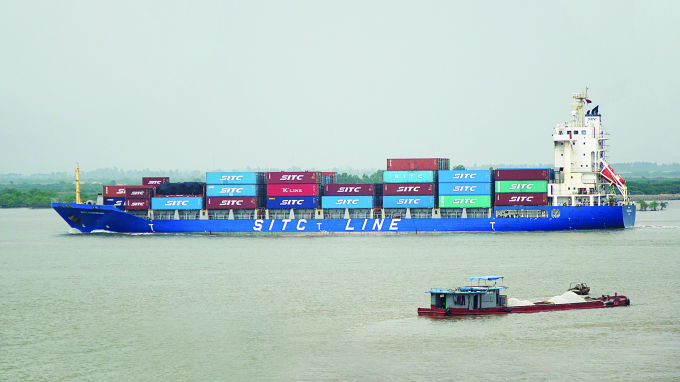
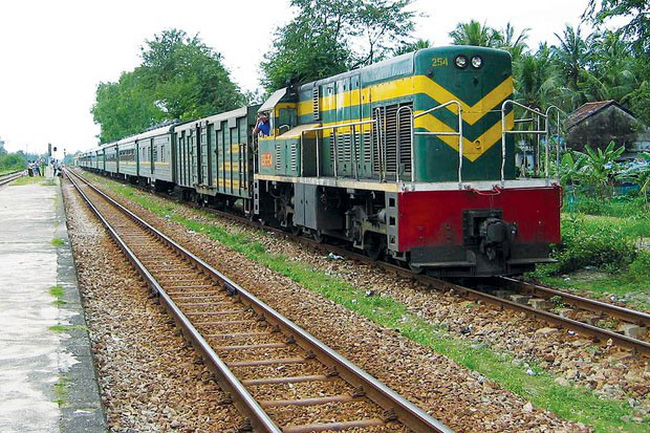
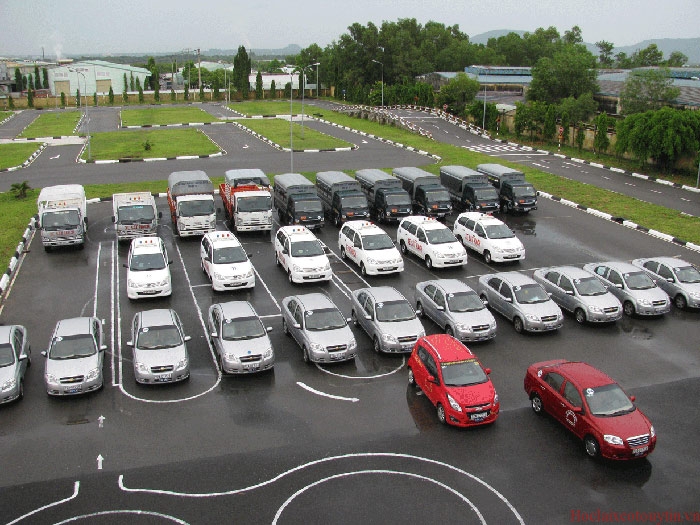
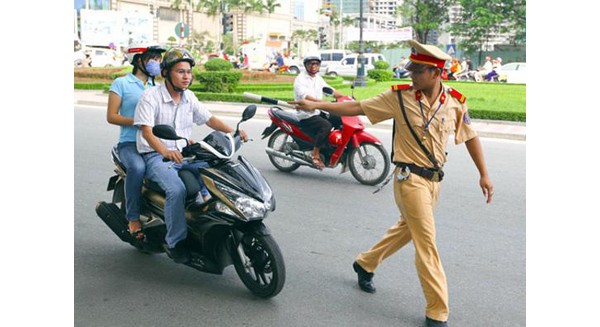






.Medium.png)
.Medium.png)
.Medium.png)
.Medium.png)
